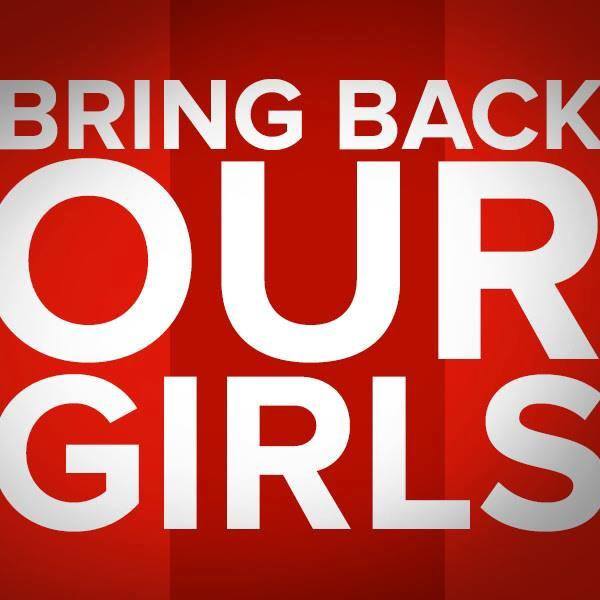On Sunday in the US it was Mother’s Day. Although Mother’s Day can easily be viewed as a commercial contrivance, it is also genuinely a great excuse for the celebration and acknowledgement of mothers by their daughters, sons, husbands, fathers, own mothers and more. And while I had the luxury of spending a beautiful day with one of my daughters who just the night before had gone to her senior prom, while receiving text wishes of love and thanks from another in Spain, I could not forget that in Nigeria there are 276 mothers of just as many schoolgirls who could not be acknowledged by their own daughters. These mothers could neither speak with, text, nor hold their daughters on this day, and their pain was undoubtedly augmented by the full knowledge that their daughters longed for nothing more than to be held by them.
When the news of the horrific nighttime abduction of over three hundred schoolgirls by Nigeria’s radical terrorist group Boko Haram hit the West four weeks ago, it was at first a mere blip in the media. Initially information only trickled in about the nighttime raid and abduction of a boarding school by rebels in a massive convoy of trucks and buses into which over 300 girls were loaded. The abductors burned and looted the school buildings and dormitories then drove the girls, fresh from sleep, deep into the Northeastern Nigerian forest. After massive international outcry began first on social media by ordinary citizens, then celebrities and individual politicians followed suit, it spread and whole countries became engaged. Nigeria was forced to finally accept international aid, condemned as they were for their own ineptitude and slow response to a crime they had allegedly been given a four-hour advance notice of. The kidnapping occurred on the day a bomb blast, also blamed on Boko Haram, killed 75 people on the edge of Abuja, the first attack on the nation’s capital in two years. Now, over four weeks later with no sign of the girls except in a video just released by their captors, countries from the United States, to Britain, France, China, Spain, and Israel are offering assistance in finding them.
Boko Haram, a militant Islamic organization that advocates Sharia law and opposes Western education, culture, and modern science, have carried out dozens of school attacks since 2012 killing both students and teachers, including the brutal murder of fifty boys just recently. They have closed nearly all the schools in Nigeria’s vast Northeastern desert region, opposed as they are to the enlightenment of knowledge. They do this because they know that knowledge is power. And knowledge can mean freedom.
Today the world awoke to the news that between eight and twelve additional girls had been abducted from the village of Warabe. This afternoon a video was released featuring over one hundred of the girls, with Boko Haram’s leader offering them in exchange for prisoners held by the Nigerian government, a request unlikely to be met. So today, in the interest of knowledge, in the interest of action, and most of all in the interest of the freedom of these kidnapped schoolgirls, I cannot just write about screen dance.
Artists do not create in a vacuum. Even if we shut the doors, cut off the influx of information, and turn off the web, consciously or unconsciously the artist is linked to the world in which they live, as if by an invisible, embryonic cord. So with that in mind, I chose to search for a screen dance short from Africa that could somehow echo the anguish of the moment. I found uValo, directed by Akoa Matyila, choreographed by Mxolisi Nkomonde, and danced by Mpilo Khumalo for Screen Dance Africa.

With thousands all over the world taking to the streets, united online through various social medias and the trending #BringBackOurGirls, many wonder what they can do. Here are some requested and suggested actions: Call and write your world leaders and government officials – demand that they assist the Nigerian government in rescuing the girls. Outreach to your friends via phone, email, and social media – tell them what has happened. Gather and speak, organize and attend rallies that motivate governmental action. Beyond all this I invite us all to do what we can and will and must… That may mean make a dance, make a film, sing a song, write a poem, bake a cake. Do what you feel.
These girls belong to all of us.
